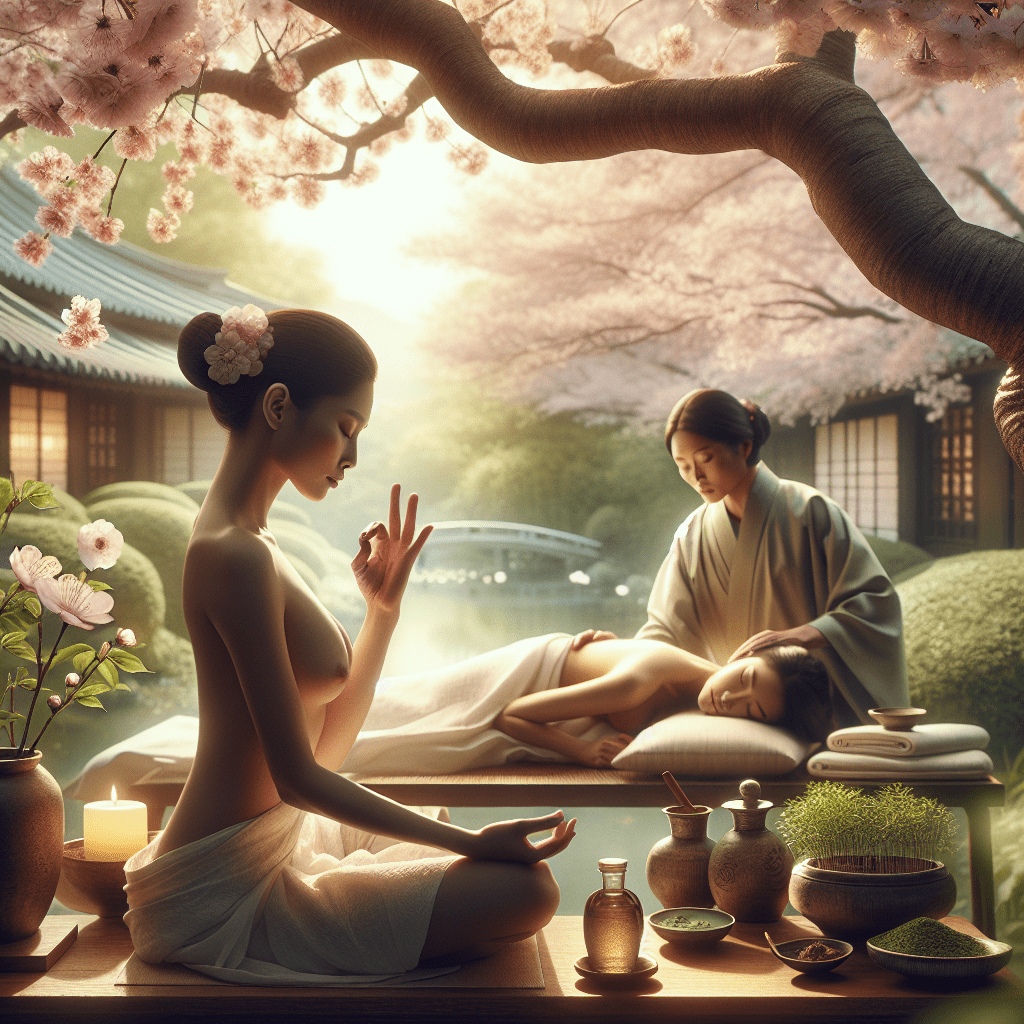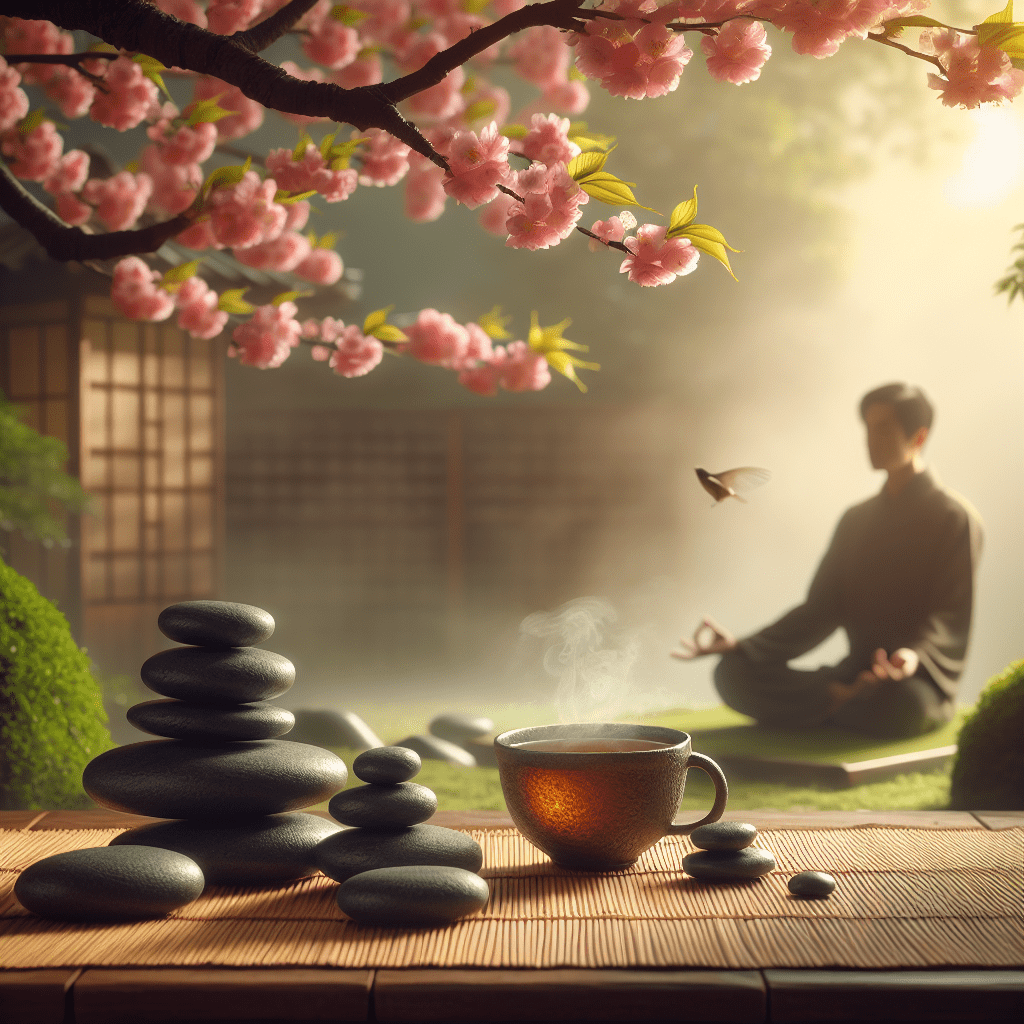In recent years, a remarkable shift has occurred in how we approach health and wellness. More people are turning away from exclusively modern medical solutions and rediscovering the wisdom embedded in traditional healing knowledge. This isn’t merely a passing trend but represents a profound reconnection with practices that have sustained human health for millennia. As scientific research advances, we’re witnessing an intriguing phenomenon: modern science is gradually validating what our ancestors intuitively understood about healing the body, mind, and spirit.
Ancient Wisdom in a Modern World
Long before the advent of pharmaceutical companies and high-tech medical equipment, civilizations across the globe developed sophisticated healing systems. Eastern traditions, in particular, cultivated a profound understanding of the human body and its connection to nature. Traditional Chinese Medicine (TCM), Ayurveda from India, and various indigenous healing practices weren’t developed through double-blind studies or laboratory experiments but through careful observation and generations of practical application.
Acupuncture stands as one of the most prominent examples of traditional healing knowledge that has withstood the test of time. This ancient practice, dating back more than 2,500 years, involves inserting thin needles at specific points along the body’s meridians to restore the flow of qi (vital energy). For centuries, Western medicine dismissed acupuncture as pseudoscience or merely a placebo effect. Yet those who experienced its benefits knew otherwise.
Herbal medicine represents another cornerstone of traditional healing knowledge. Eastern herbalists meticulously documented thousands of plants and their medicinal properties, creating complex formulations tailored to individual constitutions. These weren’t random concoctions but carefully crafted remedies based on a deep understanding of how different herbs interact with each other and the human body.
Mindfulness practices, including meditation and various forms of movement therapy, have been integral to Eastern healing traditions for millennia. These approaches recognized something fundamental that modern medicine has only recently begun to appreciate: the inseparable connection between mind and body. Traditional healing knowledge has always emphasized treating the whole person rather than isolating symptoms or body parts, recognizing that true healing must address physical, emotional, and spiritual dimensions simultaneously.
Science Catches Up: Validation of Ancient Practices
The gap between traditional healing knowledge and modern science is closing rapidly. Research institutions worldwide are now conducting rigorous studies on practices once dismissed as unscientific, and the results are compelling.
Acupuncture has undergone perhaps the most dramatic reappraisal by the scientific community. Multiple randomized controlled trials—the gold standard of medical research—have demonstrated acupuncture’s effectiveness for conditions ranging from chronic pain to nausea and anxiety. A systematic review published in the International Journal of Clinical Practice confirmed what practitioners have known for centuries: acupuncture provides measurable relief for many patients, particularly those suffering from low back pain. Human neuroimaging studies have further revealed that acupuncture can reverse maladaptive neuroplasticity in the brain, offering scientific explanations for its therapeutic effects.
“The evidence supporting acupuncture has reached a tipping point where even the most skeptical researchers must acknowledge its therapeutic value,” notes a recent publication in the Journal of Pain Research. “What was once dismissed as placebo is now understood as a complex neurobiological response with measurable outcomes.”
Herbal medicine is similarly experiencing scientific validation. Network science has emerged as a powerful tool to evaluate the effectiveness of traditional herbal remedies, particularly those from Chinese medicine. Instead of isolating single compounds—the standard approach in pharmaceutical research—scientists are now studying how multiple herbs interact within formulations, mirroring the holistic approach of traditional practitioners. This research has led to important discoveries, including the development of artemisinin from the herb Artemisia annua, which earned Chinese researcher Tu Youyou a Nobel Prize in 2015 for its effectiveness against malaria.
Mindfulness practices have perhaps gained the most mainstream scientific acceptance. Hundreds of studies have documented the benefits of meditation on everything from stress reduction to immune function. Techniques like mindful breathing, once considered purely spiritual practices, are now prescribed in medical settings for managing anxiety, depression, and chronic pain. The scientific community has recognized what traditional healing knowledge has always maintained: that cultivating awareness of the present moment has profound physiological benefits.
Cultural Heritage and the Resurgence of Traditional Wisdom
The renewed interest in traditional healing knowledge isn’t happening in a vacuum. It reflects broader societal shifts toward reconnecting with cultural heritage and seeking more sustainable, natural approaches to health.
In many communities worldwide, this represents a healing journey in itself. As one indigenous health practitioner explained, “Reconnecting with our traditional healing practices isn’t just about physical health—it’s about reclaiming our identity and healing from historical trauma.” This sentiment echoes research findings that connection to cultural practices and traditional knowledge leads to improved mental health outcomes, particularly in communities that have experienced historical disruption of their healing traditions.
Colonial powers systematically suppressed traditional healing knowledge in many regions, dismissing indigenous practices as primitive or superstitious. The British in India and the Japanese in China and Korea exerted significant influence over indigenous medical systems, often to the detriment of public health. Today’s resurgence represents not just scientific validation but cultural reclamation.
In Zimbabwe, for example, there has been a remarkable revival in the acceptance and utilization of traditional medicine, a phenomenon not limited to rural areas but increasingly evident in urban centers as well. Similarly, French Polynesia has witnessed a revival of ancient practices, highlighting the importance of cultural identity and respect for traditional medicinal knowledge.
This cultural resurgence aligns perfectly with contemporary values of sustainability and natural living. As more people question the environmental impact of pharmaceutical manufacturing and seek solutions with fewer side effects, traditional healing knowledge offers time-tested alternatives that often have smaller ecological footprints. The intimate relationship between cultural heritage and herbal remedies underscores the importance of preserving indigenous knowledge and integrating it into contemporary healthcare approaches.
Challenges and Skepticism
Despite growing evidence, traditional healing knowledge still faces significant skepticism within some medical circles. Critics point to methodological challenges in studying practices that were developed outside the framework of modern science. How do you design a double-blind study for acupuncture? How do you account for the practitioner’s experience and intuition? These are valid questions that researchers continue to address through innovative study designs.
Safety concerns also persist, particularly regarding herbal medicine. Without standardized dosing and quality control, there’s potential for adverse effects or interactions with conventional medications. This highlights the need for thoughtful integration rather than wholesale adoption of traditional practices without proper oversight.
Some skepticism stems from philosophical differences. Western medicine has historically focused on fighting disease, while many traditional healing systems emphasize maintaining balance and preventing illness. These different paradigms can sometimes seem incompatible, though a growing number of healthcare providers recognize they can be complementary.
“The challenge isn’t choosing between traditional and modern approaches,” explains a researcher at the intersection of these fields. “It’s developing frameworks that respect the integrity of traditional healing knowledge while ensuring safety and efficacy according to contemporary standards.”
The most promising path forward involves open-minded dialogue, ongoing research, and a willingness to evaluate traditional practices on their own terms rather than forcing them to conform entirely to Western scientific models. This approach acknowledges that different knowledge systems can offer valuable insights without diminishing either tradition.
The Future: Integration and Innovation
The convergence of traditional healing knowledge and modern science points toward an exciting future of integrated healthcare. We’re already seeing this in practice with the establishment of integrative medicine departments at major hospitals and research institutions worldwide. These centers combine evidence-based conventional treatments with traditional approaches that have demonstrated effectiveness, offering patients more comprehensive care options.
Technology is playing a fascinating role in this integration. Platforms like EASTCHI AI, developed by HerbalsZen, are bridging ancient wisdom and modern innovation by using artificial intelligence to analyze individual health patterns according to traditional Eastern medicine principles. This type of technology doesn’t replace human practitioners but extends access to traditional healing knowledge through contemporary means.
The future may also bring new discoveries as scientists investigate traditional remedies with advanced research methods. The vast pharmacopeia of herbal traditions worldwide represents a treasure trove of potential therapeutics waiting to be validated and refined. By applying modern analytical techniques to traditional formulations, researchers may identify novel compounds or synergistic effects that conventional pharmaceutical research might have overlooked.
Perhaps most importantly, the integration of traditional healing knowledge with modern science could help address some of healthcare’s most pressing challenges: chronic disease management, mental health support, and preventive care. Traditional systems excel precisely in these areas, offering holistic approaches that address root causes rather than merely suppressing symptoms.
Embracing the Best of Both Worlds
As we look toward the future of healthcare, the most promising path isn’t choosing between tradition and innovation but embracing the wisdom of both. Our ancestors developed sophisticated healing practices through centuries of careful observation and practical application. Modern science offers tools to understand, validate, and sometimes improve these approaches.
The resurgence of traditional healing knowledge represents more than nostalgia—it’s a recognition that true advancement sometimes means rediscovering what was once known. By honoring the wisdom of our ancestors while embracing the possibilities of contemporary research, we can create healthcare approaches that are both scientifically sound and deeply rooted in human experience.
For individuals seeking better health, this convergence offers expanded options and a more personalized approach. The integration of traditional healing knowledge with modern medicine doesn’t mean abandoning scientific rigor but expanding our definition of evidence to include different ways of knowing and healing.
As science continues catching up to what our ancestors always knew, we have an unprecedented opportunity to create healthcare systems that honor both innovation and tradition—truly the best of both worlds for human wellbeing.




